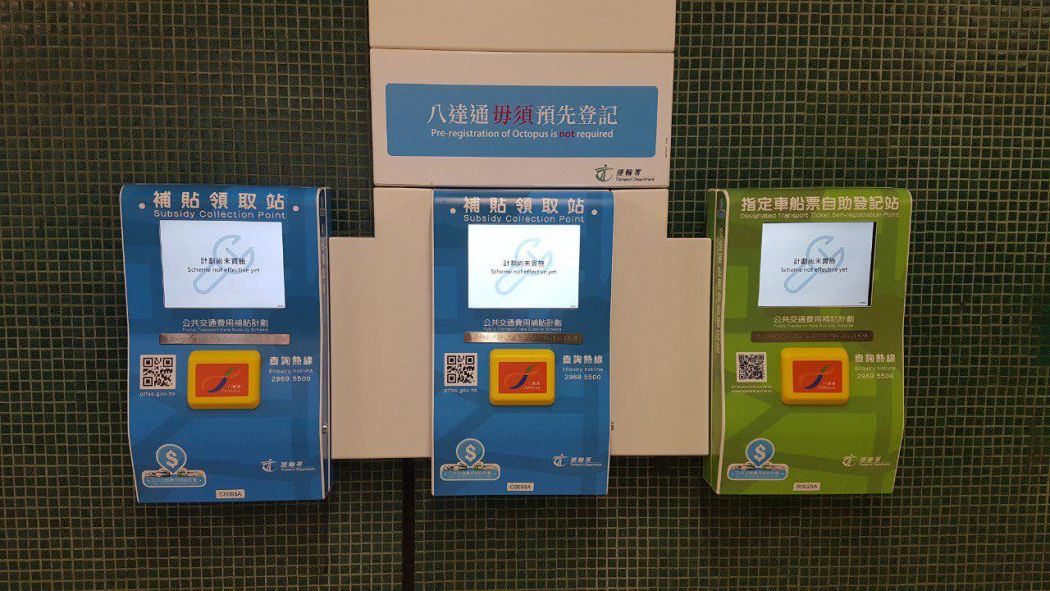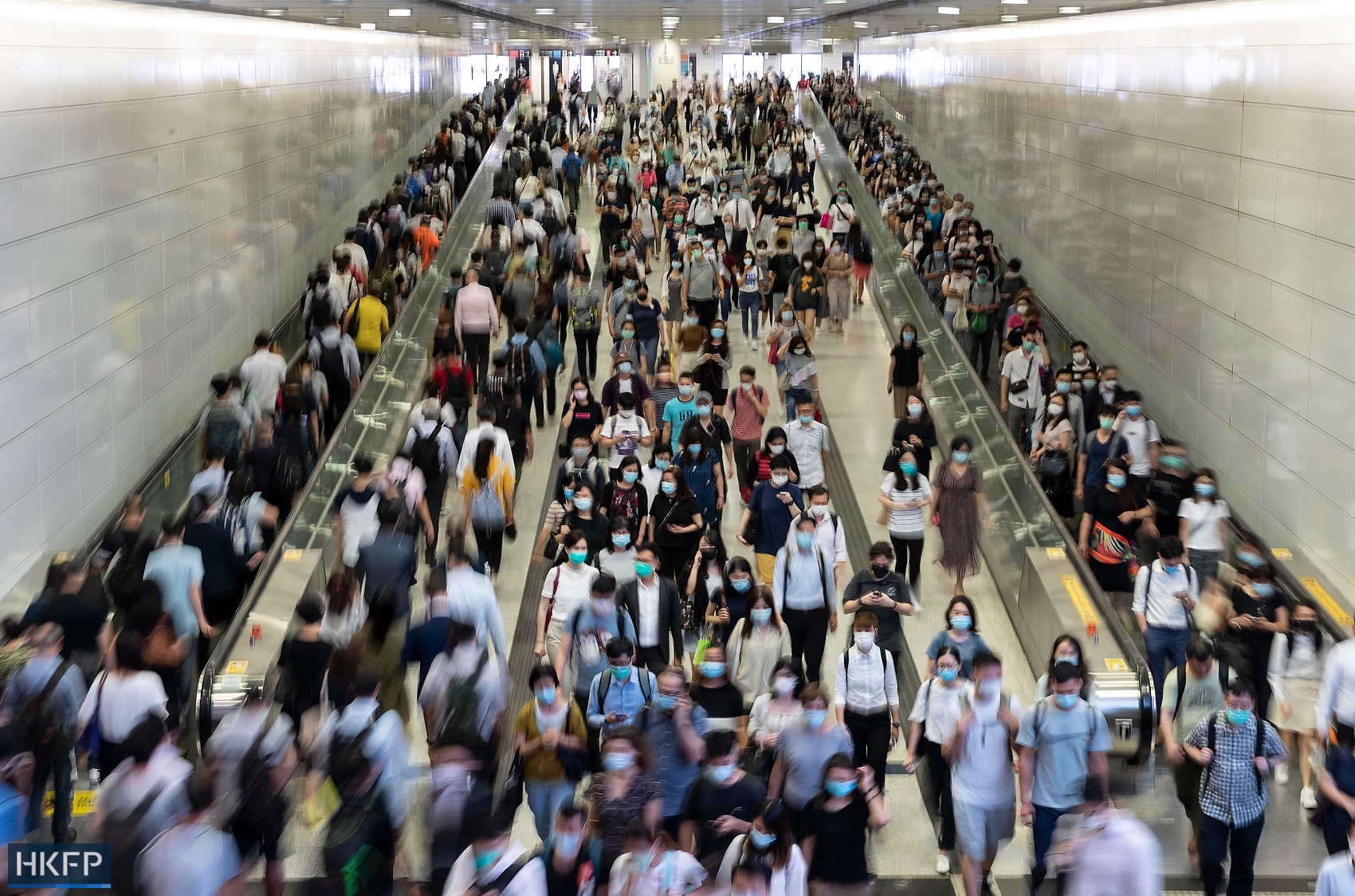Hong Kong will review two transport subsidy schemes that have resulted in significant expenditure over the years, the finance chief has said as he predicted a deficit of over HK$100 billion for the current fiscal year.

Addressing lawmakers during the annual budget speech on Wednesday, Secretary for Finance Paul Chan said government departments would review the transport concessions for the elderly and disabled, as well as the rebate scheme for commuters, to ensure that the government could continue to offer the benefits in a “financially sustainable manner.”
The “HK$2 scheme,” named for the flat amount paid by those 60 and above and eligible disabled people on buses, the MTR and other transport modes, was forecast to cost the government HK$4 billion this fiscal year. That was more than double the expenditure 2019-20, when it cost HK$1.3 billion.
The Public Transport Fare Subsidy Scheme had also cost the government more money in recent years, rising from HK$1.7 billion four years ago to HK$3.5 billion this fiscal year.
Under that subsidy scheme, commuters receive a rebate amounting to one-third of their public transport expenses when they spend more than HK$400 in a month. The rebate is subject to a cap of HK$400.
Chan said that both schemed were under review, expected to be completed this year, and that it was not authorities’ intention to cancel the subsidies.
A government source from the Labour and Welfare Bureau, which oversees the HK$2 scheme, said that the government would not change the eligibility requirements of the scheme.

The source said the bureau had no comment on whether the government would consider increasing the flat amount beyond HK$2.
The Public Transport Fare Subsidy Scheme, first implemented in 2019, has recently been scaled back. Before a revision that came into effect last November, commuters could receive a subsidy of up to HK$500 per month.
The reviews came as Chan said Hong Kong expected to log a deficit of HK$101.6 billion in the current fiscal year ending in march, almost double the forecast given by the government last year.
The government’s revised revenue stood at HK$554.6 billion, which was HK$87.8 billion, or 13.7 per cent, lower than the original estimates.
Hong Kong Budget 2024 in full:
- City expects HK$101.6 billion deficit as land sales revenue dip
- City’s economy grew by 3.2% last year, inflation ‘moderate’
- Finance chief asks for ‘understanding’ over lack of sweeteners
- Costly transport subsidy schemes face review amid HK$100 billion deficit
- Artificial islands project delayed, finance chief Paul Chan says, but will go ahead
- Tobacco tax rises for second consecutive year to put public off smoking
- Higher salaries tax rate for those earning over HK$5 million annually
- No consumption vouchers as relief measures scaled back
- City seeks to bring back 3% hotel tax to increase revenue
- Extra stamp duties axed in bid to revive housing market
- Over HK$1.1 billion to ‘soft sell’ city, inc. monthly drone and fireworks shows
Support HKFP | Policies & Ethics | Error/typo? | Contact Us | Newsletter | Transparency & Annual Report | Apps
Help safeguard press freedom & keep HKFP free for all readers by supporting our team

LATEST FROM HKFP
HKFP has an impartial stance, transparent funding, and balanced coverage guided by an Ethics Code and Corrections Policy.
Support press freedom & help us surpass 1,000 monthly Patrons: 100% independent, governed by an ethics code & not-for-profit.











